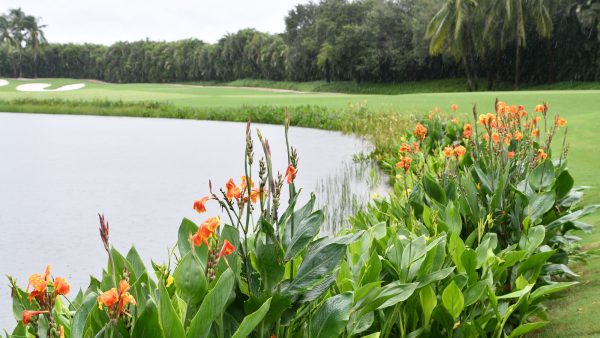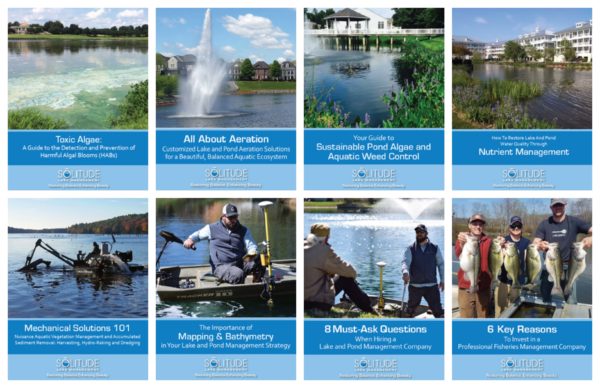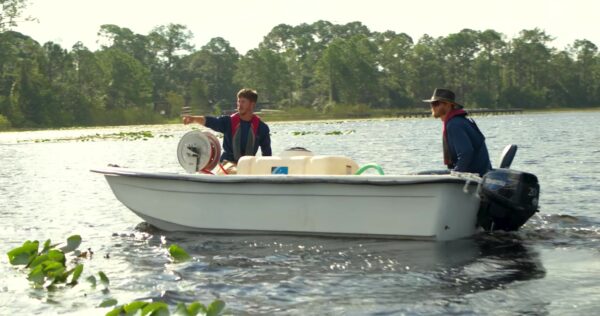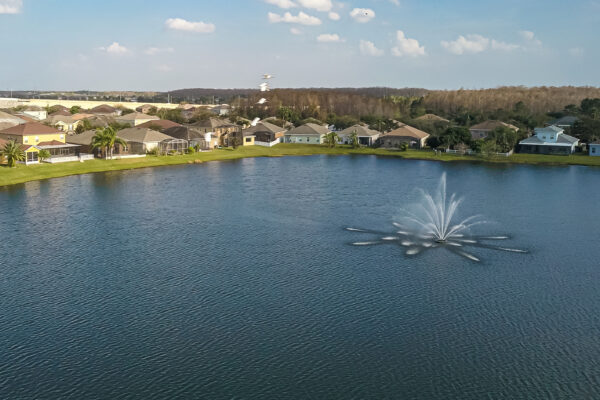
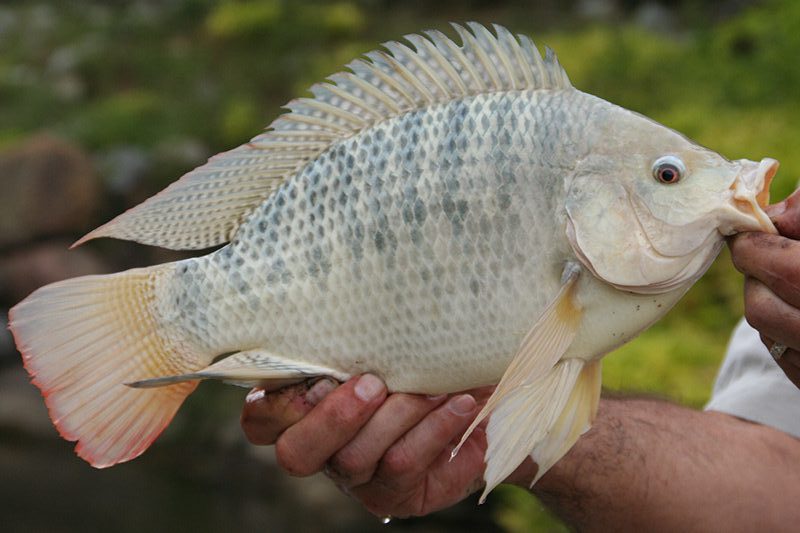
Should I Stock My Pond with Tilapia?
Stocking your lake or pond with the appropriate fish can be beneficial to your waterbody in a variety of ways. Whether you’re looking to control algae blooms, enhance your forage base, improve recreational fishing or simply grow an excellent food source, tilapia may be the ideal fish for your lake or pond. Tilapia are tropical fish that can provide numerous benefits to a waterbody if stocked correctly. These fish are more than a delicious entrée, they are a species that can bring balance to your ecosystem and improve your fishery.
Tilapia can be an excellent supplemental forage fish depending on the species. Some tilapia have a very high reproductive rate and do not grow very large, which makes them great for forage, while other species that produce fewer offspring and grow larger in size are typically utilized for consumption. Tilapia can be stocked to the forage base of your lake or pond without negatively impacting the productivity of other forage species such as bluegill and threadfin shad. As a warm water fish, tilapia begin to slow down and become sluggish in the colder months where they turn into easy forage for bigger fish such as Largemouth Bass.
Not only do tilapia enhance the forage base of a fishery, but they also improve the health of your waterbody by feeding on excess vegetation. Some tilapia species, such as Blue Tilapia, feed entirely on algae (both planktonic and filamentous) but do not readily consume submerged vascular plants. On the other hand, Redbelly Tilapia primarily feed on submerged vegetation rather than algae. Though tilapia cannot consume all the algae in a pond, their presence can certainly improve a waterbody’s health.
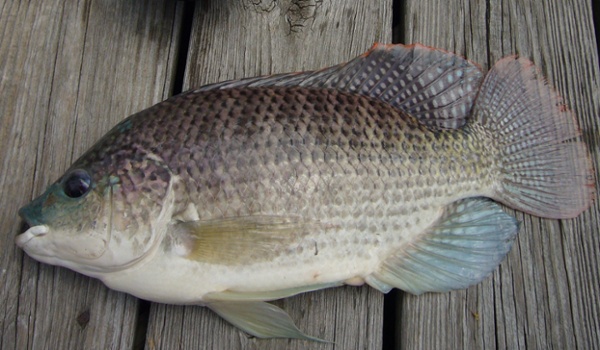
When developing your annual management plan, keep in mind that tilapia will need to be restocked due to their incapability to last through the winter. Depending on your fishery or management goals, the time of year you stock should also be taken into consideration. The suggested timeframe to stock tilapia is between April and September when the water is above 65 degrees in most regions. However, some choose to stock in July through August after bluegill have had ample opportunity to reproduce. Another option is stocking in the fall as adults to give a forage boost to the bass population just prior to winter. Again, the time of fish stocking all depends on the benefits you want out of your tilapia.
Keep in mind, tilapia are not legal in every state because they can out-compete native fish. Most southern states allow tilapia stocking and even then, you may find state restrictions on which species you can stock. In order to follow state guidelines and meet your fishery goals, tilapia should only be stocked by a professional fisheries biologist who possess a permit and is certified by each state.
Do you think tilapia would benefit your waterbody? Our fisheries biologists can help you assess your lake or pond and determine if stocking tilapia can help you attain your fishery goals.
SOLitude Lake Management is an environmental firm committed to providing full-service solutions that improve water quality, preserve natural resources, and reduce our environmental footprint. Our services include lake, pond, wetland and fisheries management programs, algae and aquatic weed control, mechanical harvesting, hydro-raking, installation and maintenance of fountains and aeration systems, water quality testing and restoration, bathymetry, lake vegetation studies, biological assessments, habitat assessments, invasive species management and nuisance wildlife management. Services, consulting and aquatic products are available to clients nationwide, including homeowners associations, multi-family and apartment communities, golf courses, commercial developments, ranches, private landowners, reservoirs, recreational and public lakes, municipalities, parks, and state and federal agencies. Learn more about SOLitude Lake Management and purchase products at www.solitudelakemanagement.com.

